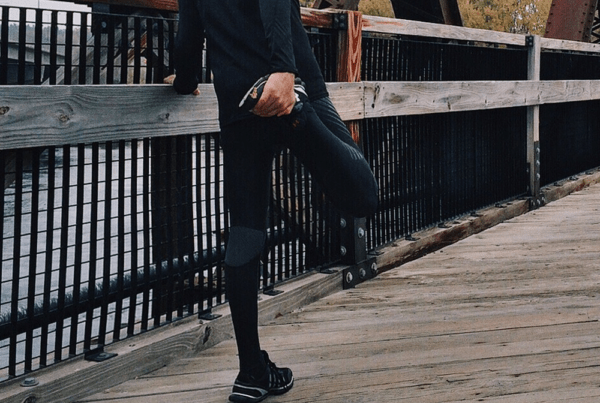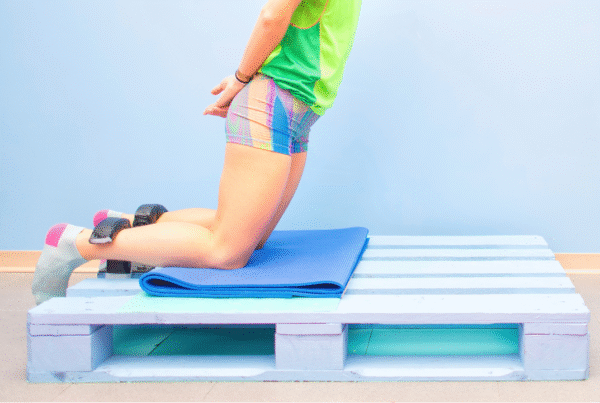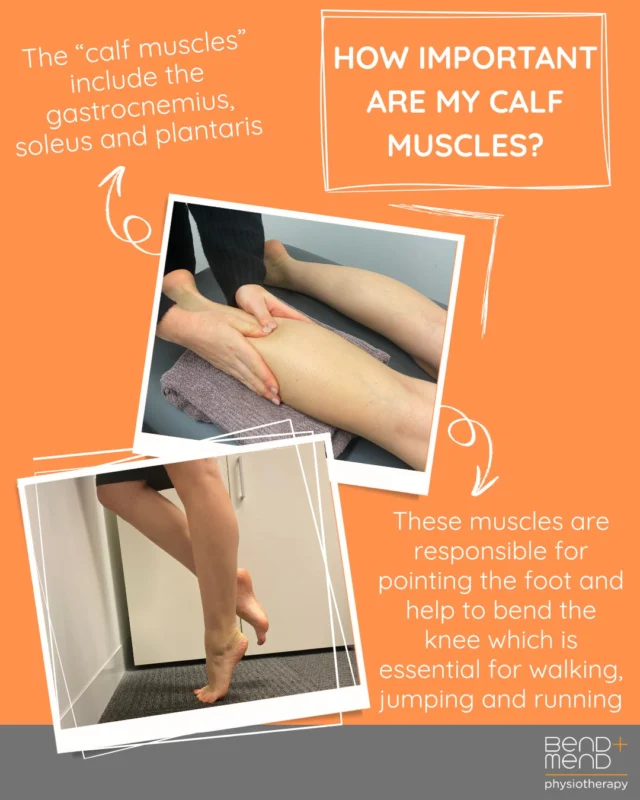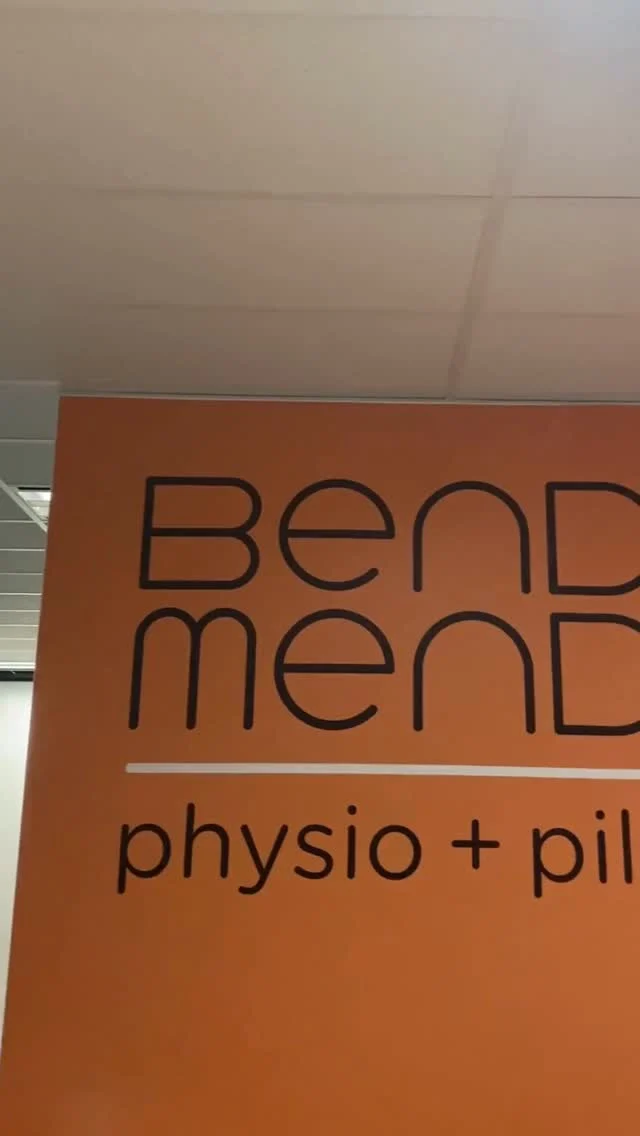Have you ever gone to sleep completely fine and woken up with severe neck pain? Acute torticollis, also referred more commonly to as wry neck, is a debilitating condition where there is a sudden onset of severe one-sided neck pain and stiffness.
Wry neck is usually caused by the facet joints in our neck becoming stiff and locked. Facet joints are the joints on each side of the spine that are responsible for guiding spinal motion. They also contribute to the stability of the spinal segment. Inflammation builds around these joints and the surrounding muscles will spams, causing a restriction in movement and pain. Although much less common, a cervical disc condition, such as a disc bulge, can also cause a wry neck.
The cause of wry neck is not always known and can be unrelated to previous activity. However, awkward sleeping positions, quick unguarded movements such as whiplash and activities that are different to your normal daily routine are often reported in a patient’s history.
Wry neck will typically resolve within a few days, with some residual symptoms lasting about a week. Over-the-counter oral anti-inflammatories drugs can be effective in relieving pain. The use of heat, in the form of a heat pack or hot shower, can also be helpful. Ice should be avoided as this can often make symptoms worse. It is important to remain active and keep the neck moving within the comfortable limits to promote recovery. Physiotherapy, including joint mobilisations, soft tissue release, dry needling and muscle activation and training can accelerate recovery. Your Physiotherapist can provide education and guidance on what you can do to feel better.
Reference:





